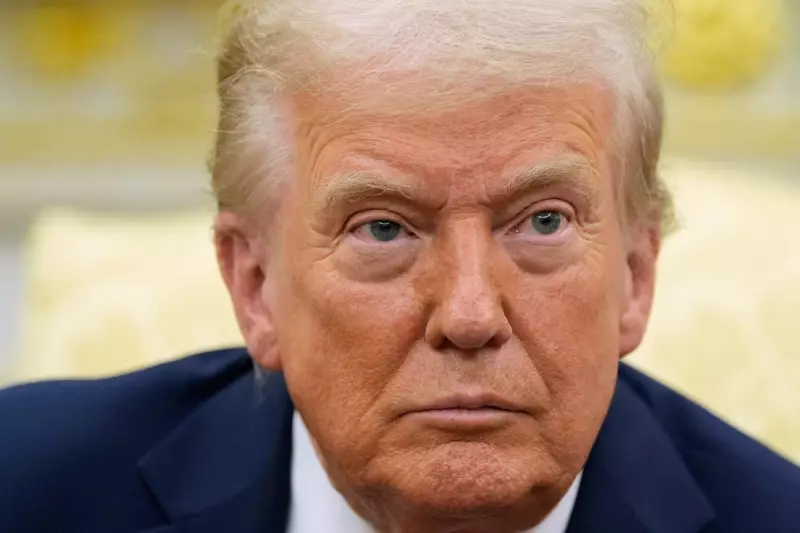
In a stunning revelation that exposes the shadowy world of foreign influence in Washington, former President Donald Trump's White House officials enjoyed lavish accommodation in Qatar-funded luxury hotels while pursuing controversial foreign policy decisions.
The Luxury Accommodation Scheme
According to documents obtained by The Independent, the Qatari government secretly paid more than $1.5 million to house at least 40 US government officials, including key Trump administration figures, in five-star hotels near the White House. The arrangement, which ran from September 2019 to January 2021, raises serious questions about potential conflicts of interest during crucial diplomatic negotiations.
Venezuela Connection Raises Eyebrows
The timing of these payments is particularly significant, as they coincided with the Trump administration's aggressive campaign to oust Venezuelan President Nicolás Maduro. Qatar, which maintained diplomatic relations with Maduro's government throughout this period, was simultaneously hosting American officials in luxury accommodation.
Key revelations include:
- Payments totaling $1,578,602 made to the Trump International Hotel in Washington
- At least 40 US officials benefited from the arrangement
- The scheme operated during critical Venezuela policy discussions
- Qatar maintained relations with Maduro while hosting US officials
Legal and Ethical Questions
While the arrangement may not have violated specific laws, ethics experts have raised serious concerns about the appearance of impropriety. The situation creates the perception that foreign governments could gain preferential access and influence through luxury accommodations for US officials.
The documents reveal that Qatar's payments were made under the Foreign Agents Registration Act, which requires transparency about lobbying activities. However, the scale and timing of the benefits provided to administration officials have drawn scrutiny from government watchdog groups.
Broader Implications for US Diplomacy
This revelation comes amid ongoing investigations into foreign influence during the Trump administration. The arrangement with Qatar highlights how foreign governments may have used hospitality and accommodation as tools to build relationships and potentially influence US foreign policy decisions.
The situation underscores the need for greater transparency in how foreign governments interact with US officials and raises questions about whether current ethics regulations adequately address these types of sophisticated influence operations.






